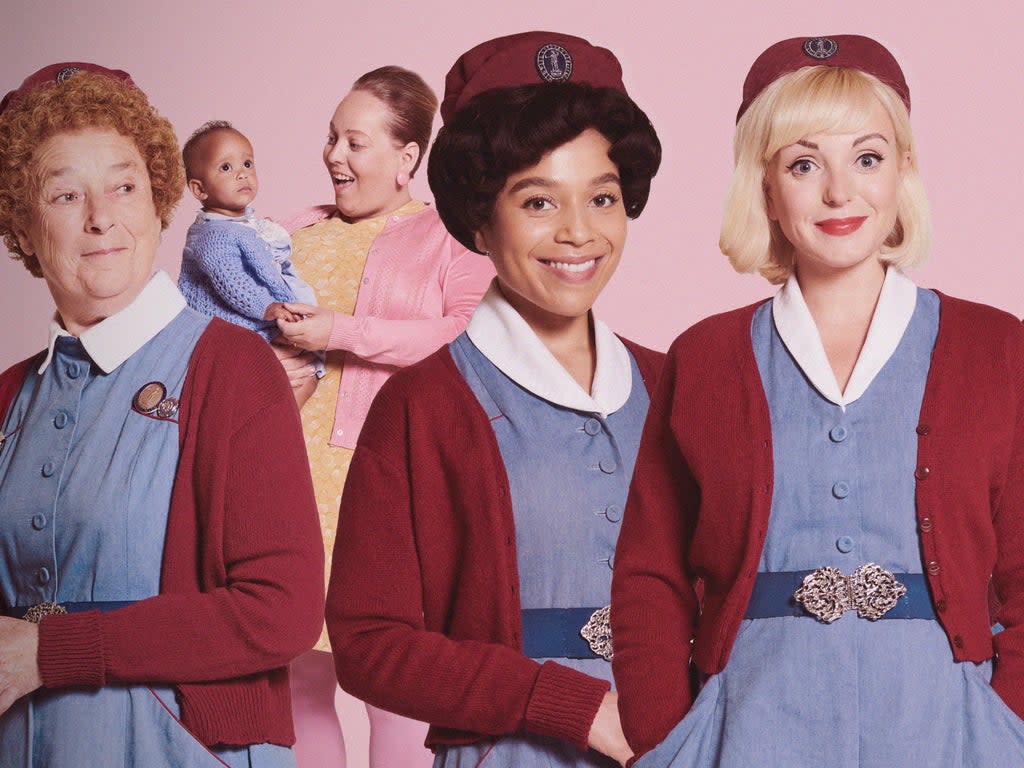Voices: I’m a journalist but studied as a neuroscientist – the inspiration for both my careers came from TV shows

- Oops!Something went wrong.Please try again later.
“How did you go from neuroscience to journalism?” If I got a pound for every time someone asked me this, I would be a millionaire.
The story starts with why I studied neuroscience, and it comes down to a TV show I watched during my A-levels. Perception starred Eric McCormack (Will of Will & Grace fame) as the eccentric Dr Daniel Pierce, a schizophrenic university professor who uses his unique skills to help the FBI solve their more curious criminal cases. As soon as I saw it, I was hooked.
I already wanted to become a doctor so being a neurologist suited me; I was obsessed with the brain and its unknown parts (when I think about it now, it may have been the sci-fi geek in me that found it attractive). But Perception got me thinking. I wanted to study what Dr Pierce taught – neuroscience.
If I hadn’t seen Perception, I wouldn’t have gone on to study a subject I love. I wouldn’t have even known it existed. It was a case of the right TV show, right time.
Neuroscience was a labour of love: I was passionate about it but didn’t have a specific career in mind. I wasn’t keen on the idea of research because of the admin work (data entry is boring and tedious) but even so, I spent my placement year as a research assistant. While I enjoyed working on groundbreaking autism research, it wasn’t for me.
I’ll admit I was stuck. I had no idea what I wanted after my degree. And then it happened again. I was watching an alumni episode of University Challenge. One of the teams had two science journalists and the first thing that went through my mind was: why don’t I become a science journalist? I already loved writing (and was writing my own novel) so it just clicked for me. I never looked back.
We should embrace the influence of TV on our lives. When I had a mock interview with my university careers team and was asked why I was studying neuroscience, I told them about Perception. Their response? “Don’t mention TV in your interview or they won’t take you seriously.”
To keep up to speed with all the latest opinions and comment sign up to our free weekly Voices Dispatches newsletter by clicking here
But why shouldn’t they take me seriously? Everything we see and hear influences us, so it makes perfect sense that TV would do the same. It’s about being in the right place, watching the right show at the right time.
I studied neuroscience, did a journalism master’s and am currently working for an international news organisation. I write science articles because it’s my first love, and I write lifestyle and travel stories because it’s fun. And that is all off the back of TV shows and the influence they had on my life.
If a kid watches Call the Midwife or sees Hugh Laurie in House and wants to become a midwife or doctor, why shouldn’t they? If an episode of Doctor Who inspires the next Professor Brian Cox or Stephen Hawking, then they should go for it. Heck, if off the back of watching MasterChef or Bake Off someone goes, “you know what? I’m going to cook food for a living”, then that is what they should do.
So how did a neuroscientist become a journalist? It’s a tale of two TV shows.

